

M.M. Engineers is a leading manufacturer, supplier, and provider of high-quality Hardness Testing Machines in Mumbai, Navi Mumbai, and Thane. Our Hardness Testing Machines offer precise and reliable hardness testing for a wide range of materials, providing accurate measurements with digital display technology. As trusted wholesalers and dealers, we supply state-of-the-art testing equipment that ensures efficiency and accuracy in hardness testing applications
Material Quality Control: Widely used in manufacturing processes to ensure materials meet specified hardness criteria.
Research and Development: Essential for testing new materials and assessing their properties in laboratories.
Metalworking and Fabrication: Used to evaluate the hardness of metals, alloys, and coatings during production.
Construction and Engineering: Hardness tests on structural materials to ensure safety and performance standards.
Automotive and Aerospace Industries: Critical for testing components that require specific hardness properties for durability and performance.
Here are the most common types of hardness testing machines:
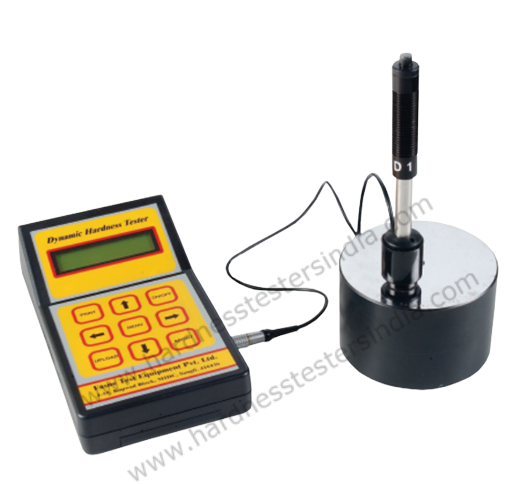
Portable dynamic hardness testing machines are devices used for measuring the hardness of materials on-site, providing a quick and convenient way to assess the hardness of metals and alloys. These machines often utilize the Leeb rebound method, where an impact body strikes the surface of the material, and the rebound velocity is measured to determine hardness.
Read More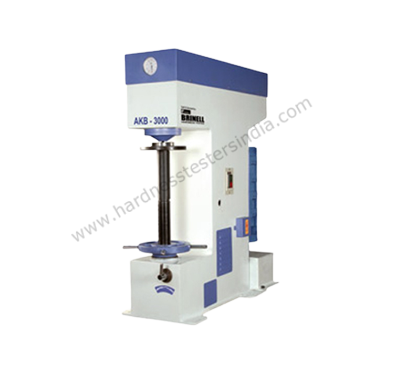
Brinell hardness testing machines are used to determine the hardness of materials, typically metals, by pressing a hard ball (usually made of tungsten carbide) into the material's surface under a specific load. The Brinell hardness test measures the diameter of the indentation left by the ball, and the hardness value is calculated based on the load applied and the size of the indentation.
Read More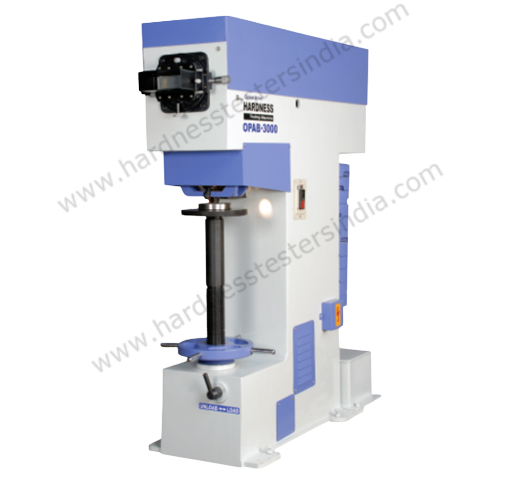
Optical Brinell hardness testing machines utilize advanced optical technology to enhance the precision and efficiency of the traditional Brinell hardness test. This method involves indenting a material with a hard ball and measuring the size of the resulting indentation to determine hardness.
Read More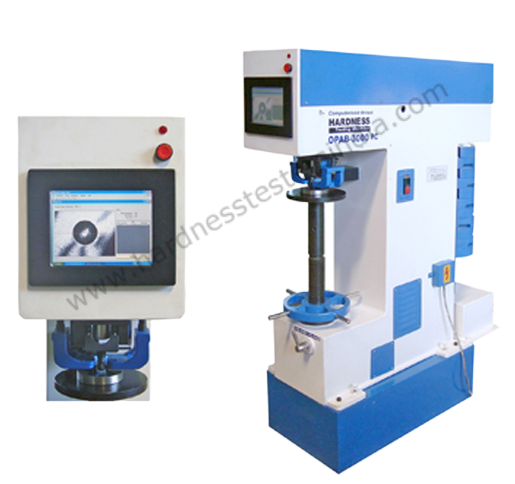
Computerized Brinell hardness testing machines are advanced devices that automate the process of measuring the hardness of materials, particularly metals, using the Brinell hardness test method. This method involves pressing a hard steel or carbide ball into the surface of the material under a specific load and measuring the diameter of the resulting indentation.
Read More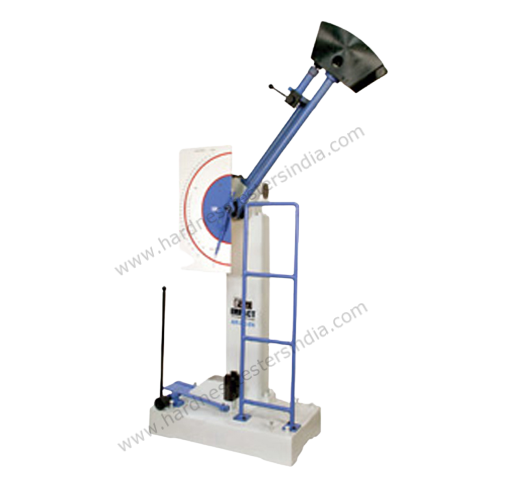
Pendulum impact testing machines are specialized devices used to assess the toughness and impact resistance of materials, primarily metals and plastics. These machines apply a controlled impact load to a specimen using a swinging pendulum, simulating real-world conditions where materials may experience sudden forces.
Read More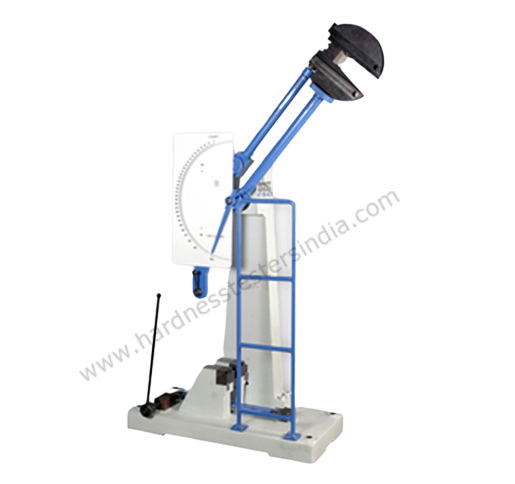
ASTM impact testing machines are specialized devices designed to evaluate the impact resistance and toughness of materials according to ASTM standards, primarily for metals and plastics. These machines simulate the effects of sudden forces or shocks, allowing engineers and researchers to assess how materials behave under such conditions.
Read More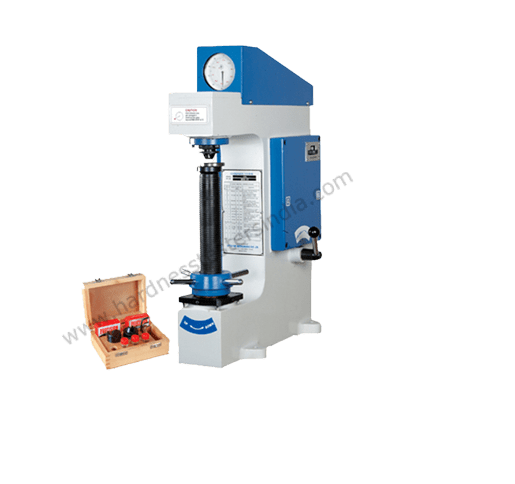
Standard Rockwell hardness testing machines are widely used to measure the hardness of materials, particularly metals, by determining the depth of indentation made by a specific indenter under a particular load. The Rockwell hardness test is known for its simplicity, speed, and reliability, making it a popular choice in various industries.
Read More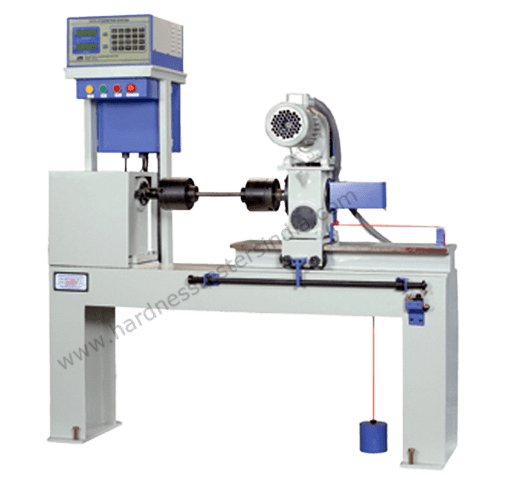
Digital torsion testing machines are specialized devices used to evaluate the torsional strength and properties of materials and components. These machines apply a twisting force to a specimen until it fails, allowing engineers and researchers to assess various mechanical properties such as shear modulus, yield strength, and ultimate torsional strength.
Read More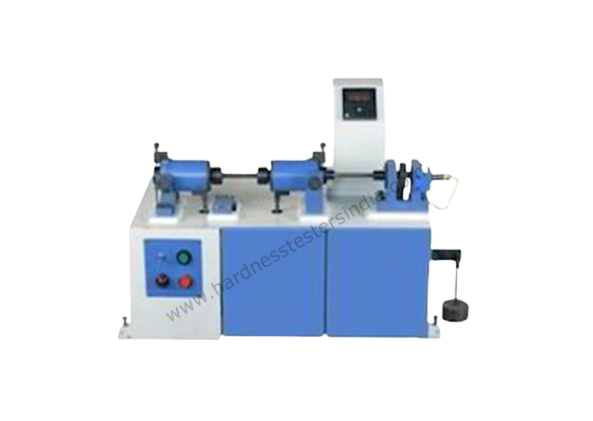
Digital fatigue testing machines are specialized devices used to assess the fatigue life of materials and components under cyclic loading conditions. They simulate real-world conditions where materials are subjected to repeated stress or strain, helping to determine how long they can withstand such conditions before failure.
Read More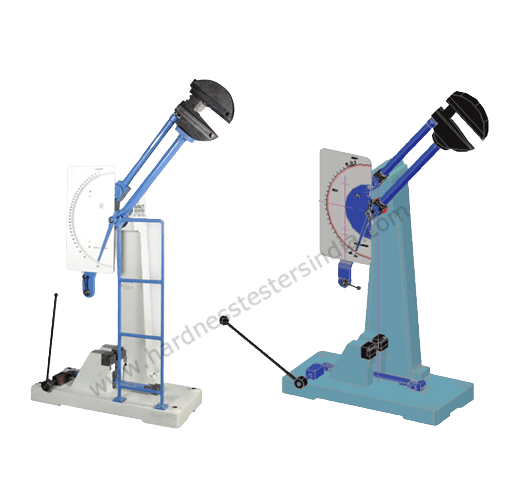
ASTM Pendulum Impact Testing Machines are designed to measure the toughness or impact resistance of materials following ASTM standards, such as ASTM E23 for metals using Charpy V-notch and Izod impact testing methods. These machines evaluate a material's ability to absorb energy and withstand sudden impacts, which is crucial for assessing its suitability in various applications like construction, automotive, and manufacturing.
Read More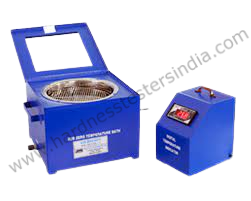
Accessory for Pendulum Impact Testing Machines enhance the machine's functionality and support accurate testing procedures
Read MoreIn addition to offering premium products, M.M. Engineers provides exceptional services, including installation, calibration, and maintenance for your Hardness Testing Machine. We also supply a wide range of spare parts to ensure the long-lasting performance of your testing machine. Whether you are a trader, manufacturer, or looking for testing services in Mumbai, Navi Mumbai, or Thane, M.M. Engineers is your reliable partner for all your hardness testing solutions.